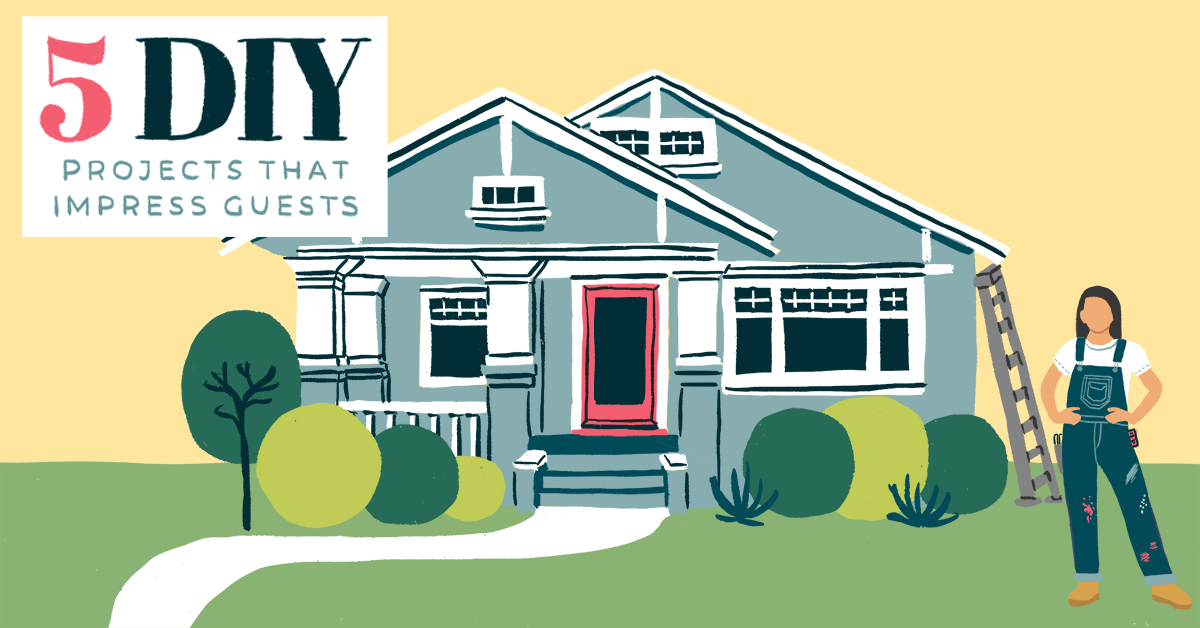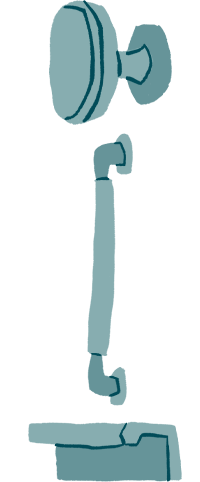Flex Your DIY Muscles

|

 Where do your guests gather? The kitchen. Make smaller updates to your kitchen without doing a complete remodel, which can be costly. Try upgrading your cabinet and drawer handles, or add a backsplash. New lighting can also make a big impression.
Where do your guests gather? The kitchen. Make smaller updates to your kitchen without doing a complete remodel, which can be costly. Try upgrading your cabinet and drawer handles, or add a backsplash. New lighting can also make a big impression.

Like the kitchen, guests notice bathrooms. Fall is a great time to get new lighting, sink, or upgrade bathroom fixtures. If you have tile, do a deep cleaning on your grout. If your bathroom is smaller, try painting an accent wall to add a pop that will impress.

Light fixtures can bring a modern look to your home. Updating your lights so everything matches is an investment that can go a long way. 

One of the easiest DIY projects to impress your guests is to give your interior rooms a fresh coat of paint. Your home will have a new, clean look. If you're looking for a wow factor, paint accent walls.

Replacing your floors can be a huge undertaking and can be costly. Give them a fresh look with a deep carpet clean. If you have hardwood scratches or damages, you don't want guests to notice. An area rug can be a great way to cover those scratches and make a nice impression.

If you've been trying to find time to make a few updates to your home. Schedule a weekend in October to try these DIY ideas. Do them before your holiday guests arrive, and make a great impression. Updates like these are also great if you're thinking about selling. Call me if you're thinking about buying or selling this fall. I'd be happy to discuss your home and our local market conditions.
|

















